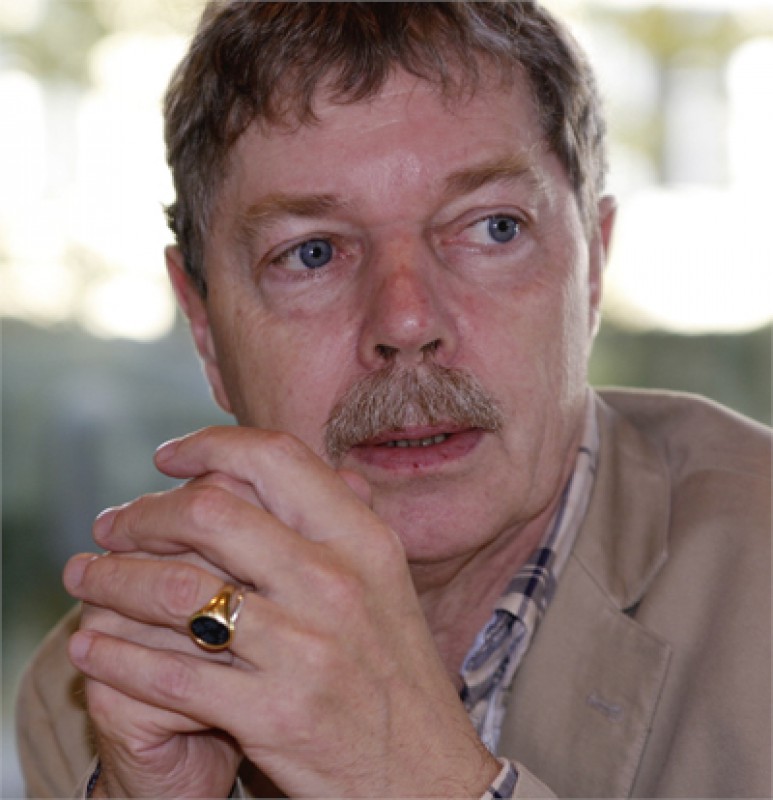KLI Colloquia are invited research talks of about an hour followed by 30 min discussion. The talks are held in English, open to the public, and offered in hybrid format.
Fall-Winter 2025-2026 KLI Colloquium Series
Join Zoom Meeting
https://us02web.zoom.us/j/5881861923?omn=85945744831
Meeting ID: 588 186 1923
25 Sept 2025 (Thurs) 3-4:30 PM CET
A Dynamic Canvas Model of Butterfly and Moth Color Patterns
Richard Gawne (Nevada State Museum)
14 Oct 2025 (Tues) 3-4:30 PM CET
Vienna, the Laboratory of Modernity
Richard Cockett (The Economist)
23 Oct 2025 (Thurs) 3-4:30 PM CET
How Darwinian is Darwinian Enough? The Case of Evolution and the Origins of Life
Ludo Schoenmakers (KLI)
6 Nov (Thurs) 3-4:30 PM CET
Common Knowledge Considered as Cause and Effect of Behavioral Modernity
Ronald Planer (University of Wollongong)
20 Nov (Thurs) 3-4:30 PM CET
Rates of Evolution, Time Scaling, and the Decoupling of Micro- and Macroevolution
Thomas Hansen (University of Oslo)
RESCHEDULED: 18 Dec (Thurs) 3-4:30 PM CET
Chance, Necessity, and the Evolution of Evolvability
Cristina Villegas (KLI)
8 Jan 2026 (Thurs) 3-4:30 PM CET
Embodied Rationality: Normative and Evolutionary Foundations
Enrico Petracca (KLI)
15 Jan 2026 (Thurs) 3-4:30 PM CET
On Experimental Models of Developmental Plasticity and Evolutionary Novelty
Patricia Beldade (Lisbon University)
29 Jan 2026 (Thurs) 3-4:30 PM CET
Jan Baedke (Ruhr University Bochum)
Event Details

Topic description / abstract:
During my short stay at the KLI, I started a completely new historical project – on the experimental intersex studies on butterflies by Richard Goldschmidt in the 1910s and the 1920s. Unfortunately, I have not yet accumulated sufficient substance in order to be able to give a presentation on the matter. Instead, I would like to take the opportunity to introduce to you my forthcoming book on the French epistemologist Gaston Bachelard and his interaction with the copper engraver Albert Flocon. We could perhaps say that it is a case study of embodied knowledge, in which the hand of the engraver stands central. In order to get an impression of that work, we will have a look at a number of these engravings.
Biographical note:
Hans-Jörg Rheinberger, *1946, studied philosophy, linguistics, and biology at the Erberhard Karls University of Tübingen and the Free as well as Technical University of Berlin. He earned a Masters degree in philosophy in 1973 and a Diploma degree in biology in 1979. A Ph.D. in biology and a Habilitation in molecular biology followed in 1982 and 1987, respectively. From 1978 to 1990, he worked at the Max Planck Institute for Molecular Genetics in Berlin. From 1990 to 1994, he was Assistant Professor at the University of Lübeck, and from 1994 to 1996, Associate Professor at the University of Salzburg. In 1997, he was appointed Director at the Max Planck Institute for the History of Science in Berlin. Since 2014, he is Director emeritus at the MPIWG. Rheinberger held may visiting fellowships and professorships around the world. He is a Member of the Berlin Brandenburg Academy of Sciences in Berlin, of the German National Academy of Sciences Leopoldina, and of the Académie Internationale de Philosophie des Sciences. He holds a Doctor honoris causa from the ETH Zurich. Among his publications are: Toward a History of Epistemic Things, Stanford 1997, An Epistemology of the Concrete, Durham and London 2010, On Historicizing Epistemology, Stanford 2010, Experimentalität. Hans-Jörg Rheinberger im Gespräch über Labor, Atelier und Archiv, Berlin 2018, and most recently: The Hand of the Engraver. Albert Flocon Meets Gaston Bachelard, Albany 2018.


